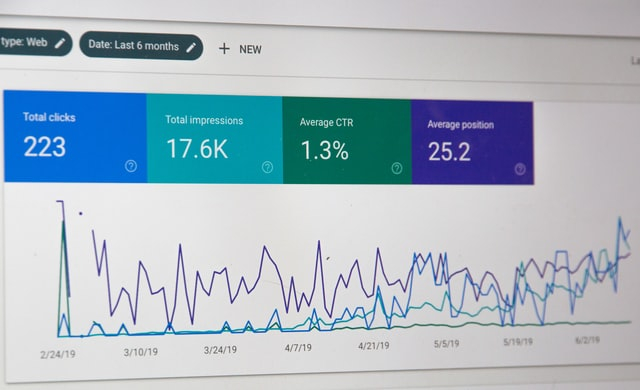As discovered in our post about SEO, search engine optimization is a long-term marketing strategy and needs constant work and optimization as algorithms, market trends and user behavior evolves and adapts to an ever growing digital world. As such, there are pros and cons to this strategy, and often it’s best to have a fully integrated strategy with paid marketing.
Paid marketing comes in many forms and is versatile with its use across many platforms. It can be very expensive, but typically provides instant results. Paid search ads are actually in the top three most influential generators of website conversions. In our experience in digital marketing and working with a wide variety of businesses, large and small, following an integrated search strategy provides the most impactful results over time.
The approach of combining both SEO and paid media is not necessarily right for all businesses out there, but for those looking to see high growth rates and evolve a holistic strategy as opposed to looking at each area in isolation, will most likely find a suitable harmony.
What are the benefits of running SEO and Paid Media campaigns together?
Results achieved and discoveries made across all areas of your digital marketing can be shared with both strategies successfully and certain results can be leveraged to save time and money on one area or the other.
For example, once you have a keyword strategy together for your paid campaigns, this data can easily be fed into your organic optimization. By targeting high performing keywords across both areas, you can increase the overall volume of traffic visiting your website.
When it comes to conversion testing, this is another area you can easily transfer your findings and efforts from paid to organic. All the time spent testing landing pages and ad copy for your paid campaigns can be utilized in your SEO strategy, knowing full well that your audience already resonates and engages with your brand and therefore removing the need for duplicate work and time to be spent on this.
How can I leverage my organic strategy when keywords are not working in paid?
Of course, you may sometimes come across keywords in your paid campaigns that have extremely high costs. This problem is easily solved by moving these keywords to your SEO strategy and targeting them organically. This can also be done for those keywords that hold substantial competition or convert at much lower rates, so aren’t necessarily worth the ongoing expenses. In fact, 46% of people are unable to identify which results are paid or organic on SERPs and so this decision can be entirely based on what is best for your business on not how searchers may consume the ad or organic search result.
Is having a paid and organic marketing strategy going to dilute results overall?
Good question, and quite the opposite if you manage to nail it. By having a solid approach in both SEO and paid media, you should be able to report successful growth in all areas of engagement, traffic and conversions. With over 3.5 billion searches on Google every day, you have a large number of people to target.
Working harmoniously, you’re able to target users at each stage of the buyer’s journey, from the awareness stage (research the problem), right through to the decision stage (purchasing the product or service chosen to solve the problem). No potential customer slips through the gap if you have all areas covered.
You also allow yourself another opportunity to build trust and confidence in your brand, by being present in both paid and organic channels. This increased, but cohesive, visibility will ensure you are presenting a strong and powerful image. When done correctly, just one brand awareness campaign can be enough to boost the metric up by 80%.

